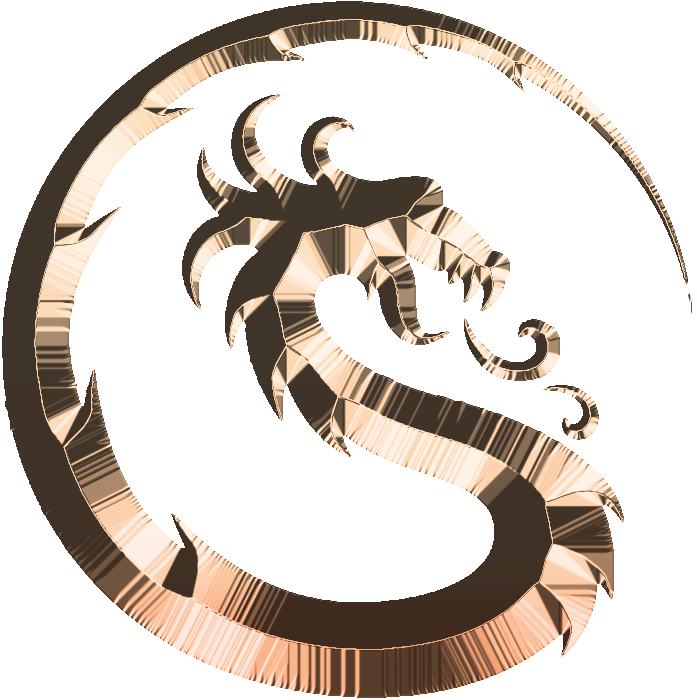I’m halfway through my recent travels, and – keeping with my journey tale analogies – I feel like I’ve made it through the Mines of Moria. But there’s still a long way to go and the Dead Marshes await, so it will be a while before I get back to writing on a regular basis.
In the brief time I have this week, I’m staying on the topic of journey tales. The late Blake Snyder in his book Save the Cat! calls this plot type “The Golden Fleece,” based on the legend of Jason and his Argonauts. These stories embody the classic quest myth. Or, as Snyder puts it, a “hero goes ‘on the road’ in search of one thing and winds up discovering something else – himself.” Since Snyder wrote about screenplays, he offers several movie-related examples including the Wizard of Oz and Star Wars. But I think the two journey tales I wrote about last week, The Lord of the Rings and The Dark Tower, fit Snyder’s definition perfectly.
Although the quest in The Lord of the Rings involves destroying the One Ring, the journey transforms Frodo, Sam, Merry and Pippin from comfortable “everymen” to unlikely heroes. In Stephen King’s The Dark Tower series, the transformation of Roland Deschain is more subtle. Along the way, Roland encounters allies in Jake, Eddie and Susannah, and his relationship with them through the various trials they face tempers Roland’s ruthlessness with compassion. Roland’s change is just enough to have a critical impact in the novel’s shocking conclusion.
 |
| Jake helped Roland Change. |
Much of the fun a journey story offers is all the interesting places the protagonist goes and the various obstacles he or she must overcome. We love the Mines of Moria and its Balrog, Fangorn Forest with its Ents, and the stairs of Cirith Ungol with its spidery queen. Yet, in what Snyder called one of his truisms about a good Golden Fleece tale, “it’s not the incidents, it’s what the hero learns about himself from those incidents that make the story work.”
I wholeheartedly agree. In most of the journey tales I’ve read that didn’t work, Snyder’s truism was lacking. I’ve tried to be mindful of this in my own novel, which is structured as a journey tale even though a puzzle is imbedded in story’s bones. But what do you think of Blake Snyder’s truism? Is it the key to a great journey tale?

BJB
October 19, 2011 - 12:46 pm ·Abandon all hope, ye who enter here. I submit that Dante's Inferno is a great journey tale without Snyder's truism. I admit, however, that I have not read Purgatorio or Paradiso. So, perhaps Dante satisfies the truism in one or both of those chapters of the trilogy.
Joseph Finley
October 21, 2011 - 5:15 pm ·Maybe Dante wrote before Snyder's truism became a truism?
James T Kelly
March 2, 2012 - 11:51 am ·I think this truism hits the nail on the head, for me at least. I don't relate to the environment; I relate to the characters. Set pieces that move the plot along are boring and forgettable. Places that are important to the character, that elicit an emotional response from them, become imbued with importance and meaning.
But I find it very frustrating when characters wander through a magical forest that has no impact on the story at all.
Joseph Finley
March 3, 2012 - 11:40 am ·James – Thanks for the comment! I agree too. I can't think of a journey tale that's considered to be a good novel that doesn't respect that truism.